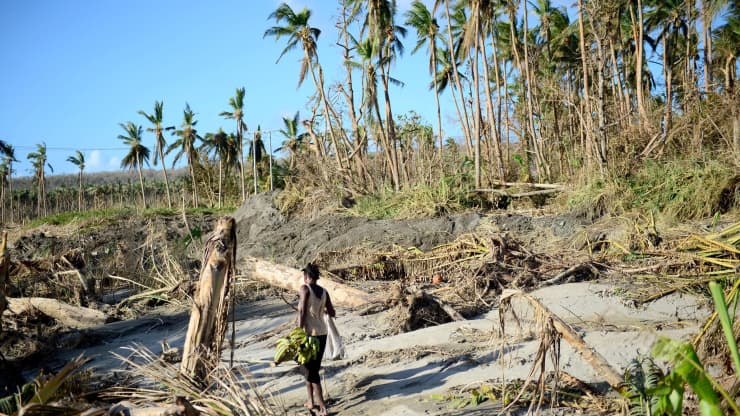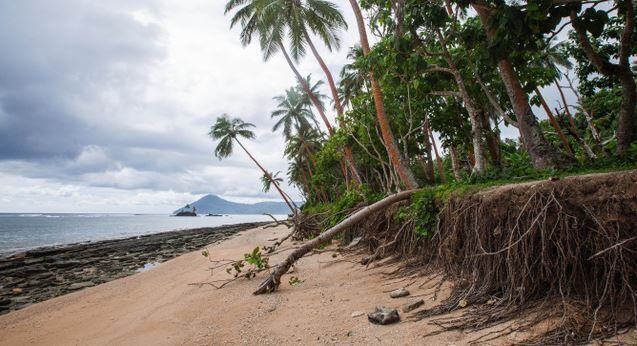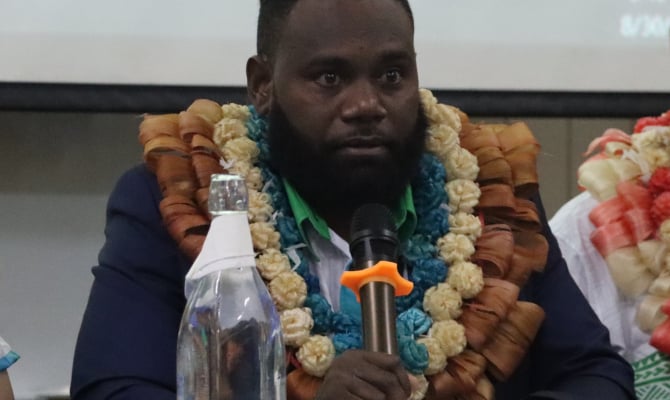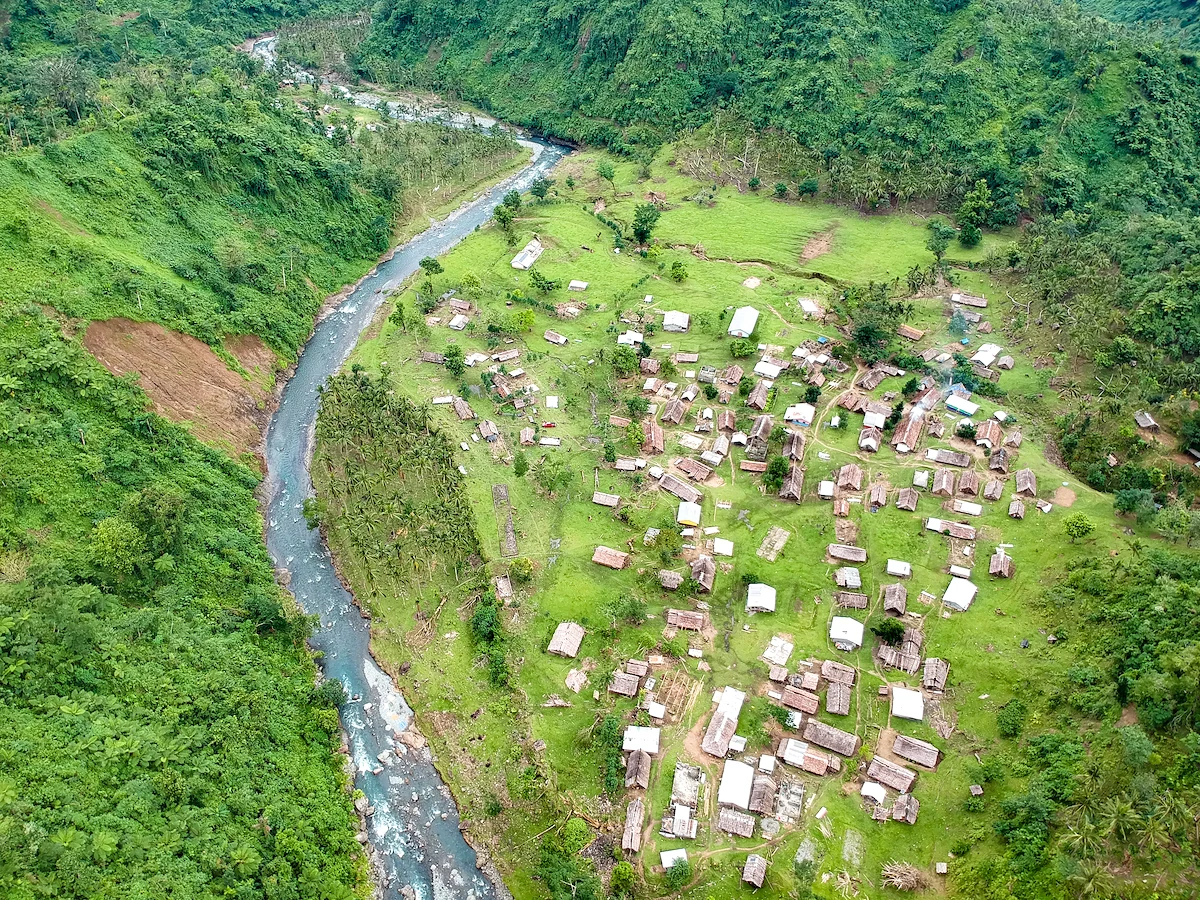A new project to provide a model to reduce climate and disaster risk in hazardous areas, services and infrastructure in Vanuatu
The World Bank’s Board of Executive Directors has approved US$25 million for a new project to improve the resilience, services and infrastructure of new settlements and several existing informal settlements around Vanuatu’s capital, Port Vila.
The Vanuatu Affordable and Resilient Settlements Project will establish a new, exemplary urban expansion area and improve infrastructure in several existing settlements in Port Vila. The work will ensure urban settlements are safer and better equipped to provide residents with access to critical services such as schools, sanitation, and roads.
“This project will be key to more affordable and safer urban development in and around Port Vila,” said Annette Leith, World Bank Resident Representative for Vanuatu and Solomon Islands. “The project will provide a model to reduce climate and disaster risk in hazardous areas, offer affordable options for urban development, and support better access to roads, employment, and services.”
Port Vila and its surrounding area is home to around 40 percent of Vanuatu’s population and the city continues to grow. Employment, health, and education opportunities in the capital means that within ten years, it is estimated that 11,000 new homes will be needed to meet demand.
The pace of this growth, combined with limited resources, has resulted in urban development in unplanned and unregulated, informal settlements. There are now 23 informal settlements in and around Port Vila that rely on informal occupancy arrangements on kastom (customary) land. These settlements face a number of challenges including: high costs for basic services, limited infrastructure, and few amenities such as schools and community centers. The settlements are often located in hazardous areas such as coastal areas, floodplains and steep hills susceptible to landslides and the low density of these settlements contribute to high land costs.
The new project will support the Vanuatu government to address these issues by expanding access to infrastructure and services in settlements while improving their resilience to disasters and natural hazards. The project will also help the Vanuatu government to strengthen its systems for land planning and management.
“The project not only provides a model for future urban development and expansion but is also proof of concept for the government’s subdivision policy,” said Johnny Koanapo Nies Rasou, Minister of Finance and Economic Management. “The project will enable the government to improve land administration systems, regulatory oversight, governance, and management of subdivision areas through strengthened national institutions aligned with the government’s subdivision policy framework. The government will also be able to implement similar models throughout the country to develop additional economic hubs and drive sustainable national development.”
The project will develop a new urban expansion area in Etas connected to basic public infrastructure such as roads, drainage, streetlights and sanitation, as well as schools, community centers and public greenspace. The new settlement in Etas is on public land and in an area of relatively low-risk to disasters. This area will provide a model for future urban development and expansion, which will improve urban affordability (through higher density) and enhance urban resilience to natural disasters and the impacts of climate change.
The World Bank works in partnership with 12 countries across the Pacific, supporting 83 projects totaling US$2.16 billion in commitments in sectors including agriculture, aviation and transport, climate resilience and adaptation, economic policy, education and employment, energy, fisheries, health, macroeconomic management, rural development, telecommunications, and tourism.
This story was originally published at The World Bank on 17 March 2022, reposted via PACNEWS.




